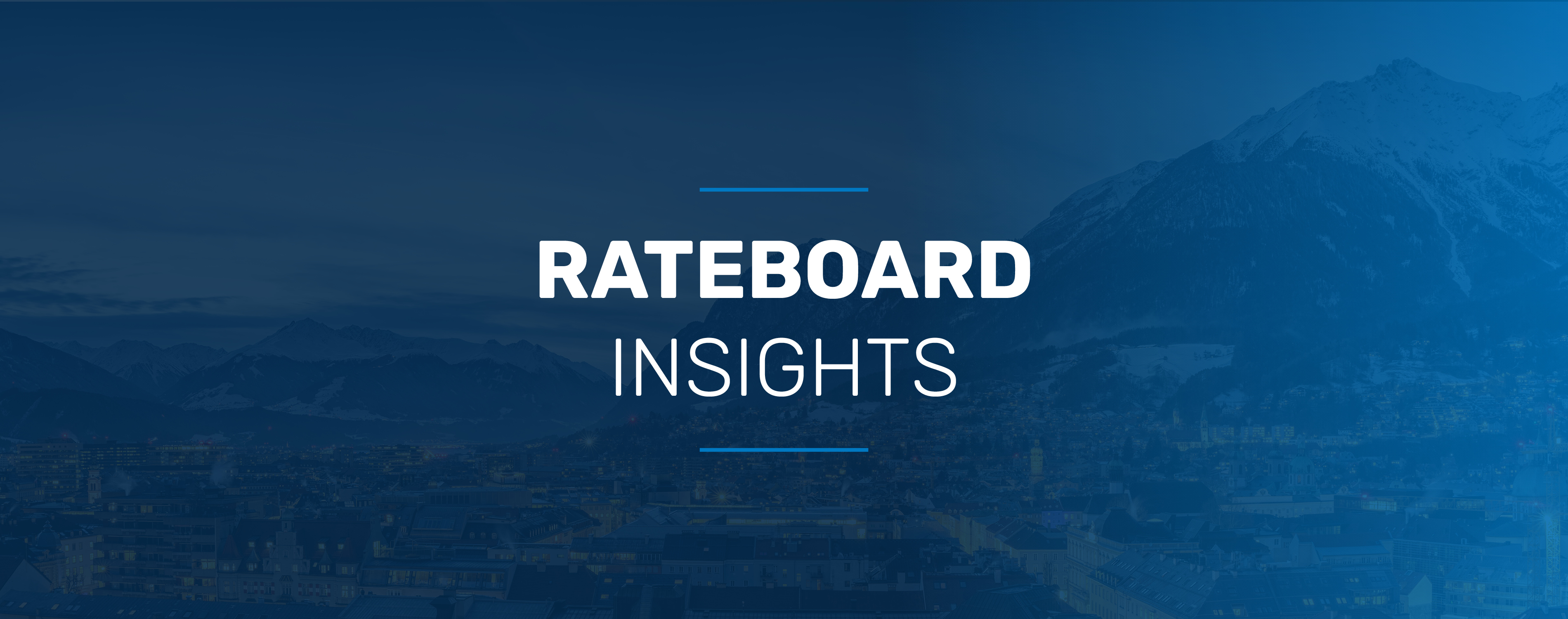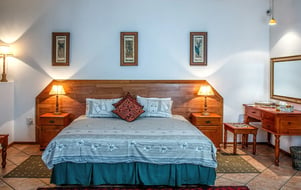
Mirjam
March 28, 2023
RateBoard Insights
Study: Is it more about family or business?
Family-run hotel businesses during Covid-19
This study was carried out as part of the master's thesis by RateBoard's employee Mirjam Mischi, Msc. and was awarded the DGT Science Prize 2023 by the German Society for Tourism Science in March 2023. It was examined how entrepreneurs in the leisure hotel industry used the time of the pandemic, to what extent the business system and the family system overlapped and to what extent innovations took place. The results show that the impact of COVID-19 on the family system is related to the impact on the business system.
The pandemic has impacted all sectors, countries, and people's lives, creating an extraordinary, unprecedented situation. The tourism sector in the Alpine region is dominated by small and medium-sized family-run businesses, which can be described as the backbone of tourism destinations. Owners of family businesses were hit twice by the COVID-19 crisis, once as managers of the business and once as private individuals, as part of a family. Through the interaction of family and business, family entrepreneurs strive not only for economic goals but also for non-economic goals in order to safeguard the well-being of the family and at the same time the liquidity of the company.
The aim of the study was to find out whether and how the consequences of the crisis and new time resources affected the family, how these overlapped with the business system and in which areas innovations took place. The empirical study was conducted in spring 2022, exactly two years after the outbreak of the COVID-19 pandemic. The research focus was on entrepreneurs in the South Tyrolean leisure hotel industry. For this purpose, interviews were conducted with entrepreneurs from family-run
hotels in the alpine region of South Tyrol.

Significant findings
Change in processes
The results show that entrepreneurs in the leisure hotel industry reconsidered their processes during the lockdown. The reflection was mainly triggered by the newly available time resulting from the closure of the hotels and good communication within the family.
"We broke out of our daily routine and had the time to rethink many things and examine processes from a new perspective."
Furthermore, the results show that entrepreneurs of family businesses are strongly committed to sustaining the business as the whole family depends on it. The family business is not only a source of income, but also the most important asset of the family. They stated that they sometimes suffered from existential fears during the lockdowns.
The results also show that the COVID-19 crisis has accelerated the succession process. The crisis triggered the change between generations more quickly because the older generation was tired or even sick. Therefore, the successors use the crisis as an incentive to take over the business. A new generation means a breath of fresh air and new impetus for the company, which contributes to innovation and business development.
Tourism as an employer
The results also show that the attractiveness of the tourism sector for employees has decreased as a result of the COVID-19 crisis. Employees no longer see tourism as a secure job. For this reason, entrepreneurs of family businesses in the hospitality industry are now increasingly concerned about the well-being of their employees, especially in order to retain long-term employees. These results show that it is crucial for vacation hospitality entrepreneurs to create a sustainable environment for their employees and to be socially involved in maintaining social relationships with their employees, as these statements demonstrate:
"We kept paying our employees even though there was no work. You need good employees, otherwise it won't work."
or
"It used to be all about profitability, but now the social factor is also playing a role."
Changing clientele
Furthermore, the results show that family-run hotels attach great importance to the relationship with their regular guests. However, the impact of COVID-19 has shown that in many cases, regulars are of the older generation and are most afraid of contracting the virus. For this reason, the entrepreneurs increasingly noticed a new guest structure of younger and regional guests who have different needs and book at short notice. Accordingly, hoteliers had to orient themselves to the new guest structure and find new ways to address them as well. The results show increased marketing activities to reach new customers.
More time for family
The results also show that family members spent their newfound free time with their families or pursued their hobbies during the lockdowns. They enjoyed the extra time and recognized the downsides of overlapping family and business and working 24/7, as this statement demonstrates:
“Within the family and personally we had a great time. I've never had so much time in my life and I've used it well."
As a result, many hoteliers stated that they would place more value on family and time together in the future by taking days off or shortening the seasons.
In addition, the results make it clear that the changes in the business were more gradual and not radical. The COVID-19 crisis created fears and worries about losing relationships and resources such as human capital. Accordingly, the desire to preserve family wealth (social capital) and relationships with external stakeholders was dominant.
Shaping change: solutions to remain successful even in uncertain times
The newly available time is an excellent opportunity to reconsider old processes. However, the business model should be actively and continuously developed. Therefore, innovation is not only a means to overcome and survive a crisis, but above all to be prepared for the future. The adjustment of the business model is also necessary for the new, younger and regional guest structure, which books flexibly and at short notice. Marketing measures, good communication and flexibility are essential. With revenue management and a dynamic price strategy, a hotel operation is excellently armed and can react quickly and flexibly to a changing environment.
In addition, the study recommends greater participation in social commitment in order to enable employees to have a secure and stable job where family and work are compatible. Therefore, work in tourism and hospitality must be made attractive for young people (Article Employer Branding).
In addition, the focus on digitization is crucial to establish new strategies, improve processes and create a more sustainable environment. Entrepreneurs should use new digital technologies to automate processes, save costs and time, increase market share or increase customer satisfaction and trust. RateBoard offers the ideal tool for promoting digitization in the company.
SHARE

Subscribe To Our Newsletter
Sign up now and receive monthly hotel and revenue management insights.
Subscribe to newsletter
